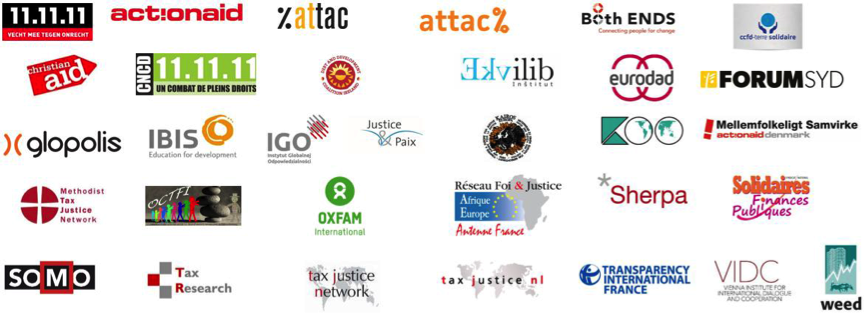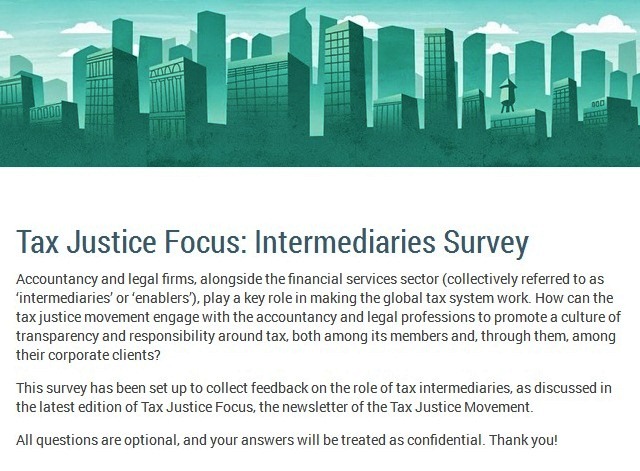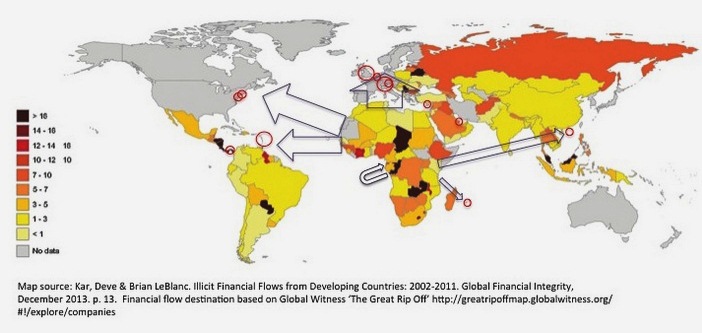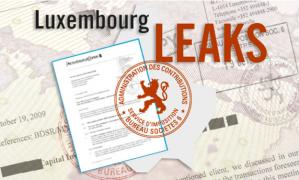 Blog from Professor Sol Picciotto, Senior Adviser to TJN
Blog from Professor Sol Picciotto, Senior Adviser to TJN
The UK Chancellor of the Exchequer / Finance Minister George Osborne (pictured) on Wednesday announced that he will introduce a `diverted profits’ tax next spring. His `autumn statement’ included this short announcement:
“The government will go further to ensure that multinational companies pay the right amount of UK tax. Where multinationals use artificial arrangements to divert profits overseas in order to avoid UK tax, the government will now act. Autumn Statement announces the introduction of a new Diverted Profits Tax to counter the use of aggressive tax planning to avoid paying tax in the UK. The Diverted Profits Tax will be applied at a rate of 25% from 1 April 2015.”
No further details are available yet. What does it mean?
The intention seems to be to introduce a special new tax, not to modify international tax rules to counteract avoidance so that normal corporate income tax can apply. Yet until now, the UK has placed its faith on the multilateral approach undertaken through the OECD to deal with `base erosion and profit shifting’ (BEPS). The OECD was mandated by the G20 world leaders to reform international tax rules to ensure that multinationals can be taxed `where economic activities take place and value is created’.
A major plank of the 30-month BEPS project launched in August 2013 is to update the rules to make them suitable for the 21st century digital economy. Yet the OECD’s report on the Digital Economy released in September 2014 postponed further consideration of this problem until after other action points have been resolved. Soon afterwards, in November, the OECD released further proposals for discussion, including one which aims at the ability of companies to deliver goods and services in a country without having, under the present rules, a taxable presence.
There are two reasons why current international tax rules fail to tax firms such as Google and Amazon where they have activities. One is that they define taxable presence as requiring a Permanent Establishment (PE), which entails a physical presence. The other is that the rules, at least as currently interpreted by countries such as the UK, require the affiliates or subsidiaries of a corporate group to be treated as if they were independent of each other.
The combination of these rules allows a company such as Google to escape tax on its activities in a country such as the UK. Although Google does have an affiliate in the UK whose employees deal with customers, they are considered to provide only `marketing’ services. The actual sales of advertising are booked to Google’s Irish branch, but end up in Bermuda, having paid little tax.
Would the OECD’s proposals deal with this? It’s unclear so far. The BEPS report on abuse of a Permanent Establishment released last month proposes relatively minor tweaks. An entity could be found to constitute a PE only if it `habitually deals with customers in a way which leads to the conclusion of contracts’. It may be possible to consider that Google’s UK employees do have such dealings, but Google could redefine their functions, or move some of them, to continue to avoid this.
In any case, the proposals would not affect many other internet-based companies. For example, Amazon’s UK affiliates deal with customer support and order delivery, since sales are made directly through its website. So far the OECD has rejected the possibility that a website could or should be considered to be a PE or constitute a taxable presence.
Osborne’s proposed `diverted profits’ tax would be an exceptional measure, not based for example on a revised definition of a PE. Perhaps he intends it as a shot across the bows of other states (such as the US) which would resist a move in this direction by the OECD. Or perhaps it is a fall-back, an admission that the OECD will not be able to agree rules which could effectively deal with this problem.
It is also interesting that although the proposed rate of tax on `diverted profits’ is 25% (higher than the standard UK corporate tax rate currently 20%), the projected revenues are relatively low: £270m in 2016-7, rising to £355m in 2019-20. This suggests that the intention is either to single out only a few companies, or to apply the tax to a small part of their profits.
Indeed, the key question in international tax reform is how to apportion the tax base of multinational companies. We at TJN think that this should be addressed directly, by treating multinationals as single entities and apportioning their tax base by a suitable formula, based on factors reflecting both production (employees) and consumption (sales). The OECD proposals are likely to result in conflicting claims by states interpreting the complex rules in various ways, or special taxes such as this `diverted profits tax’ scheme.
So how will Mr Osborne quantify the `diverted profits’ which he proposes to tax?
We look forward to his answer.

















